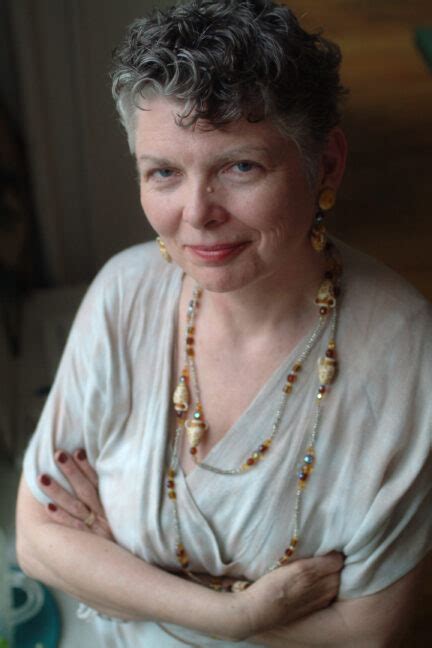Цитата Масаока Шики
Материалов для поэзии у вас в избытке.
Темы цитат
Связанные цитаты
В американской поэзии есть что-то одинаковое, и я не думаю, что она представляет весь народ. Это поэзия момента, поэзия уклончивости, и у меня с этим проблемы. Я считаю, что поэзия всегда была политической, задолго до того, как поэтам пришлось иметь дело со страницей и пустым пространством. . . это естественно.
Я больше изучаю мировую поэзию. Я много знаю о современной американской поэзии, поэтому я чувствовал, что мне нужно больше узнать о таких фигурах, как Борхес, Ахматова, Неруда и т. д. Я чувствовал, что мне нужна более широкая линза, чтобы видеть поэзию сквозь нее. Очень помогает увидеть поэзию мировым языком, а не только чем-то американским.
Чего хочет мир, чего ждет мир, так это не Современной Поэзии, Классической Поэзии или Неоклассической Поэзии, а Хорошей Поэзии. И ужасное позорное сомнение, которое будоражит мой собственный скептический ум, — это сомнение в том, действительно ли имеет большое значение, какой стиль выберет поэт для написания в любой период, пока он пишет Хорошие стихи.
Я снова начал писать стихи в 1975 году, когда влюбился в другую женщину. Я вернулась к поэзии не потому, что «стала лесбиянкой», а потому, что вернулась в собственное тело после многих лет отчуждения. Чувственные подробности жизни — сырой материал для поэта, и с этой влюбленностью я смог вернуться к полноценной жизни в своем телесном «я».
«Божественная комедия» — это политическая поэма, и когда вы говорите, что поэзия не о чем — его всегда цитируют вне контекста, что «поэзия ничего не делает», это не значит, что вы пожимаете плечами и не пытаетесь заставить что-либо произойти. И Данте чувствовал, что речь идет о поэзии, есть точка зрения; это не моя точка зрения, это ортодоксальное средневековое христианство, и у меня с этим проблемы. Он не считал, что можно просто исключить такой важный отрезок жизни — мы заботимся об этих вещах, и именно из заботы о них мы пишем стихи.
Гражданская поэзия — это публичная поэзия. Это политическая поэзия. Речь идет о тяжелых жизненных вещах: деньгах, преступности, гендере, корпоративных излишествах, расовой несправедливости. Оно дает выражение не только нашим обрядам, но и нашим проблемам и даже нашим ценностям; эти стихи не о деревенских каникулах.






































